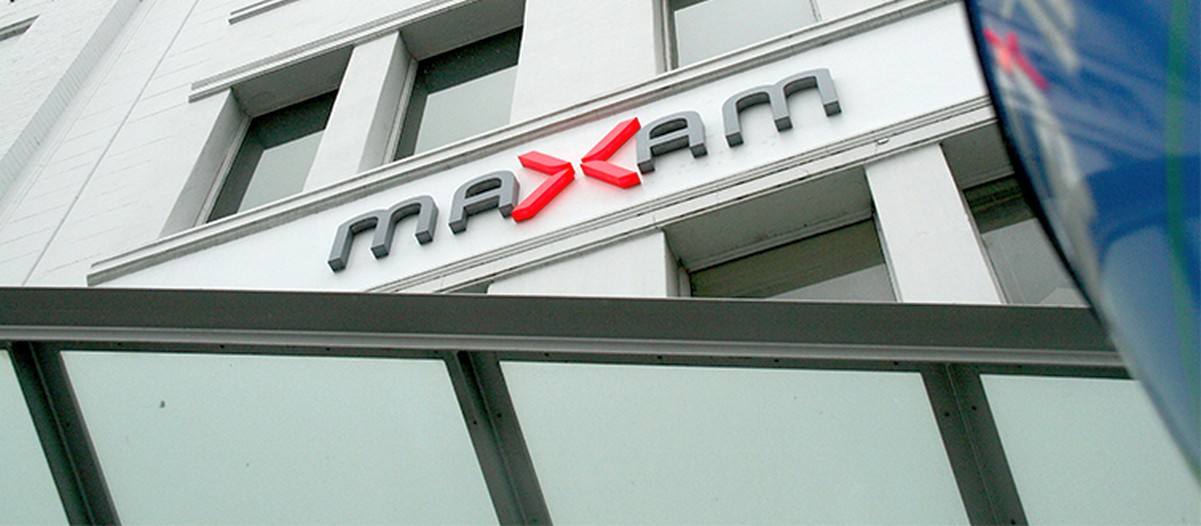Spanish company Maxam, one of the world’s largest explosives manufacturers, continued producing and exporting explosive materials in Russia after the full-scale invasion of Ukraine began, Russian investigative publication The Insider reported on 21 May. Despite the EU’s sanction regime, Maxam remained active through its Russian subsidiaries and its Uzbekistani branch.
According to The Insider, Maxam’s Russian operations included four entities: the managing company Maxam Russia, VSI JSC, Eastern Mining Services LLC in Murmansk, and UII-Sibir LLC in Krasnoyarsk Krai. These firms produced and certified new batches of emulsion explosives such as Riomeks, Rioflex, Rioxam, Emunex, and VET during 2022 and 2023. Although classified for civilian use, these materials support industrial chains crucial to military production.
Maxam's 2023 bid to exit Russia was reportedly blocked after a fraud probe triggered state intervention. By early 2024, former partner Promsintez had taken over key assets and installed new management, amid court-ordered freezes and ministry resistance to the sale.
Client links to Russia's defense-related sectors
The Insider reported that VSI explosives were used in 2023 by Gorevsky GOK, one of the world’s top lead-zinc ore producers supplying military-use materials. Maxam subsidiaries also worked with EuroChem, tied to defense factories, and Polyus Krasnoyarsk, sanctioned by the US in May 2023. Maxam’s Russian branches earned over 11.46 billion rubles ($144 million) in three years and took a 320 million ruble loan from the sanctioned Sberbank in 2023.
Maxam reportedly imported detonators into Russia through third countries even after 2022, contradicting official Spanish claims. In early 2024, VSI received $1.414 million in detonators from India’s Ideal Detonators. In 2022, it had imported $298,400 worth of components from Spain.
In April 2023, Maxam Russia registered an industrial mixer design for explosive production, naming two Spanish citizens as inventors— Raquel Vivanco Gonzalez and Fernando Beitia Gomez Segura —highlighting continued post-2022 involvement.
Military connections
Although most of Maxam’s clients were civilian, VSI had contracts with Russia’s defense sector. In August 2017, it supplied eight types of detonators to military unit 44239, part of the FSB’s Center for Special Equipment — the successor to a KGB weapons design unit. Between 2015 and 2017, VSI made 12 contracts worth over 8 million rubles with this unit, according to The Insider.
In 2018, VSI also signed a state contract with Saransk Mechanical Plant, part of Rostec, to deliver non-electric initiation systems used in military applications.
Uzbekistan plant’s role in supply chain
Maxam holds a 49% stake in Maxam-Chirchik in Uzbekistan, producing ammonium nitrate and other explosive precursors. Annual output includes 450,000 tons of ammonium nitrate, a critical ingredient for both industrial and military explosives. Large buyers of this output include Russia and Iran.
UN Comtrade data shows a surge in ammonium nitrate exports from Uzbekistan to countries bordering or friendly to Russia. For instance, exports to Iran rose from 510 tons in 2022 to 3,544 tons in 2023, while exports to Kyrgyzstan doubled between 2021 and 2024.
Maxam may have violated sanctions in four different ways
The Insider identified four potential sanctions violations: cooperation with sanctioned Russian banks, product supply to sanctioned companies, explosive production in Russia, and continued detonator imports. While these acts don’t directly breach sanctions when performed by Russian firms, Maxam fully owned and controlled its Russian entities until February 2024.

